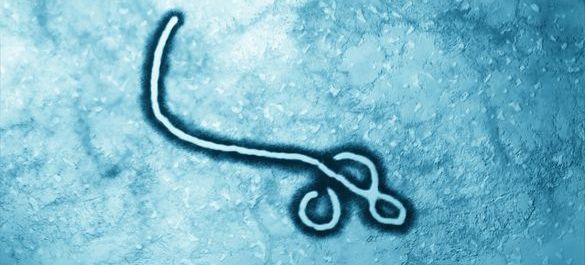What are Viruses?
Viruses are microbes consisting of genetic material, either in the form DNA or RNA, surrounded by a protective protein coat called a capsid. Viruses are just a little bit more complicated than other microbes as they do not have cells of their own and are only able to thrive and multiply inside the cells of other living things – the host cell.
Viruses are the smallest of all the microbes. They are said to be so small that 500 million rhinoviruses (which cause the common cold) could fit onto the head of a pin. Viruses vary in complexity, size and structure and can have different effects in one organism to another. They can cause minor diseases such as the common cold, while others can cause serious disease like AIDS. Viral infections are different to bacterial infections and can’t be treated with antibiotics.
Image: Ebola Virus iStock/Nixxphotography

